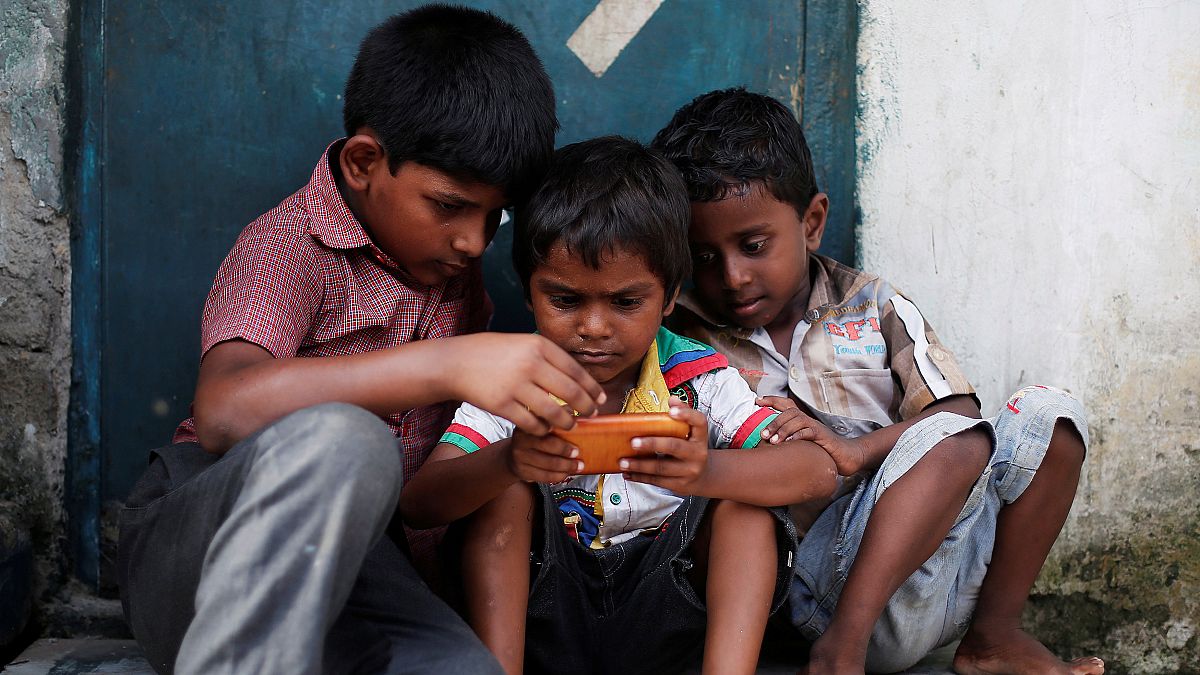Children under five should spend less time sitting watching screens and play more if they are to grow up healthy, according to new guidelines issued by the World Health Organization (WHO).
Children under five should spend less time sitting watching screens and play more if they are to grow up healthy, according to new guidelines issued by the World Health Organization (WHO).
For one-year-olds and younger, sedentary screen time (such as watching TV or videos, playing computer games) is not recommended at all, WHO said.
For those aged two to four, sedentary screen time should not exceed one hour, but less is better, the UN agency recommended
“Improving physical activity, reducing sedentary time and ensuring quality sleep in young children will improve their physical, mental health and wellbeing, and help prevent childhood obesity and associated diseases later in life,” said Dr Fiona Bull, programme manager at WHO.
According to WHO, failure to meet current physical activity recommendations causes more than five million deaths globally each year across all age groups.
Currently, over 23% of adults and 80% of adolescents are not sufficiently physically active, WHO found.
“What we really need to do is bring back play for children,” said Dr Juana Willumsen, WHO focal point for childhood obesity and physical activity.
“This is about making the shift from sedentary time to playtime while protecting sleep,” Willumsen continued.
The guidelines also recommended that young children spend sedentary time engaging in reading and storytelling with a caregiver rather than watching screens.
Applying these recommendations during the first five years of life will contribute to children’s lifelong health, WHO said.
“Achieving health for all means doing what is best for health right from the beginning of people’s lives,” said WHO Director-General Dr Tedros Adhanom Ghebreyesus. “Early childhood is a period of rapid development and a time when family lifestyle patterns can be adapted to boost health gains.”
Your view | What do you think? Is WHO's recommendation sensible or unrealistic? Let us know in the comments below.
